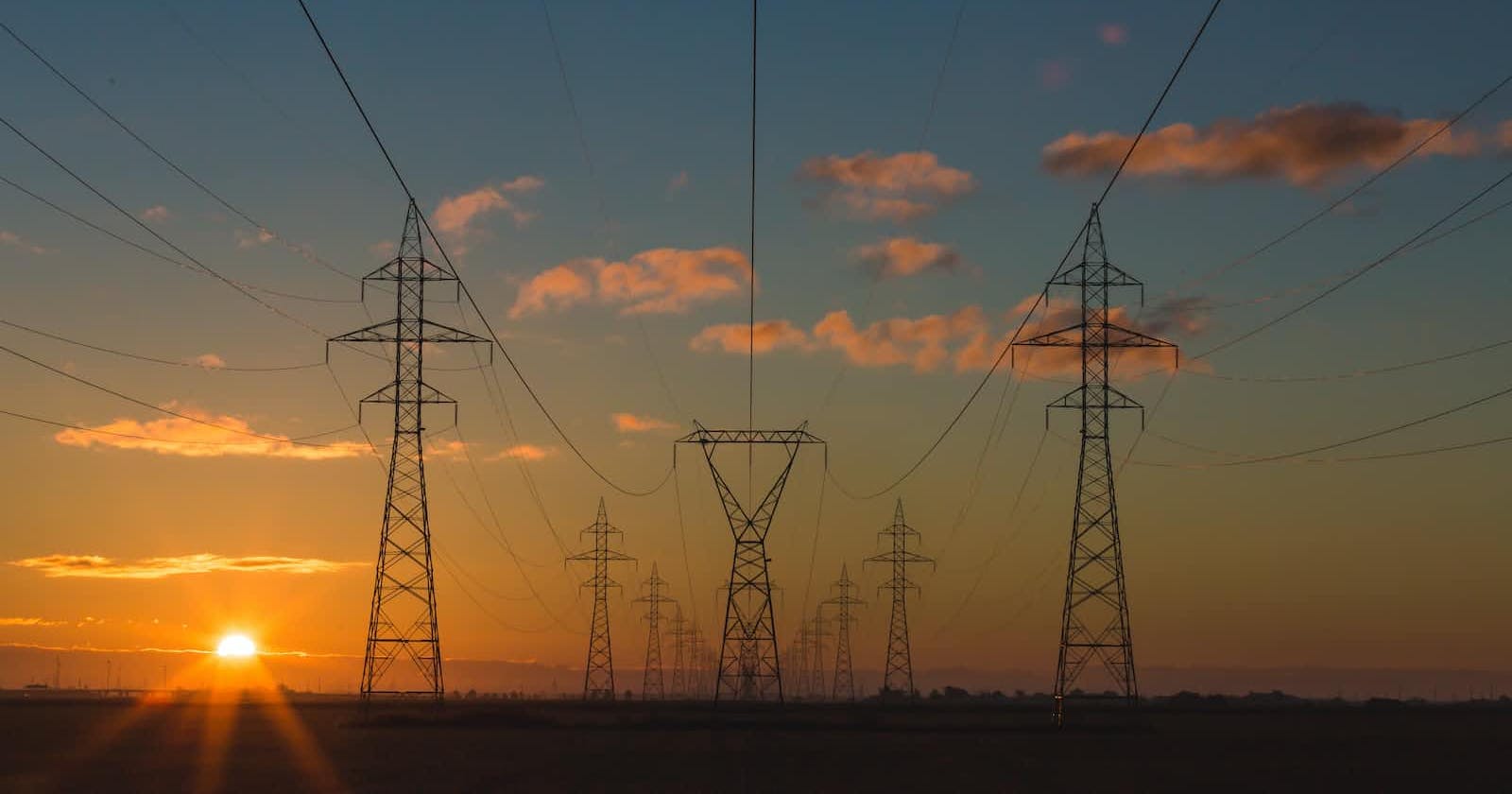
The Potential of Machine Learning in Optimizing Renewable Energy Systems
Renewable energy is a crucial aspect of reducing carbon emissions and combating climate change. It is also becoming increasingly important as fossil fuel reserves deplete and costs rise. Machine learning is a powerful tool that can help to optimize the performance of renewable energy systems and improve the overall efficiency of the energy grid.
One of the most promising applications of machine learning in renewable energy is in the area of solar power. Machine learning algorithms can be used to predict and optimize the output of solar power systems by taking into account factors such as weather patterns and equipment performance. For example, by analyzing historical data on solar panel output and weather conditions, machine learning algorithms can predict how much energy a solar panel will produce in the future. This can be used to optimize the operation of the solar power system, such as by adjusting the angle of the panels to capture more sunlight or by scheduling maintenance to minimize downtime.
Another application of machine learning in renewable energy is in the area of wind power. Machine learning algorithms can be used to predict and optimize the output of wind turbines by taking into account factors such as wind speed and direction. For example, by analyzing historical data on wind turbine output and wind conditions, machine learning algorithms can predict how much energy a wind turbine will produce in the future. This can be used to optimize the operation of the wind power system, such as by adjusting the angle of the blades to capture more wind or by scheduling maintenance to minimize downtime.
Machine learning can also be used to optimize the performance of energy storage systems, such as batteries. By analyzing data on battery performance and usage patterns, machine learning algorithms can predict how much energy a battery will need to store and when it will need to release that energy. This can be used to optimize the charging and discharging of the battery, such as by charging it during times of low energy demand and discharging it during times of high energy demand. This can help to maximize the lifetime and efficiency of the battery.
Machine learning can also be used to improve the efficiency of the energy grid by analyzing data from smart grid systems. Smart grid systems are networks of interconnected devices that enable the monitoring and control of energy usage in homes and businesses. By analyzing data on energy usage patterns and demand, machine learning algorithms can predict how much energy will be needed at different times of the day and make adjustments to the energy grid to ensure that there is enough energy to meet demand. This can help to reduce energy waste and improve overall system efficiency.
In addition, machine learning algorithms can be used to identify and predict equipment failures in renewable energy systems. By analyzing data on equipment performance and usage patterns, machine learning algorithms can predict when equipment is likely to fail and take preventative measures to minimize downtime and maintenance costs.
Machine learning can also be used to optimize the performance of combined heat and power systems, which generate both electricity and heat from the same energy source. By analyzing data on the energy usage patterns and demand, machine learning algorithms can predict how much energy will be needed for heating and how much for electricity, and make adjustments to the system accordingly to ensure that there is enough energy to meet demand.
Overall, machine learning has the potential to greatly improve the performance and efficiency of renewable energy systems and enable more widespread adoption of clean energy. It can help to optimize the output of solar and wind power systems, improve the efficiency of energy storage systems, and make the energy grid more efficient. It can also help to predict and prevent equipment failures, and optimize the performance of combined heat and power systems.
However, it is important to note that the implementation of machine learning in renewable energy systems is still in its early stages and there is still much research to be done to fully realize its potential. As the technology continues to evolve and improve, it is likely that
